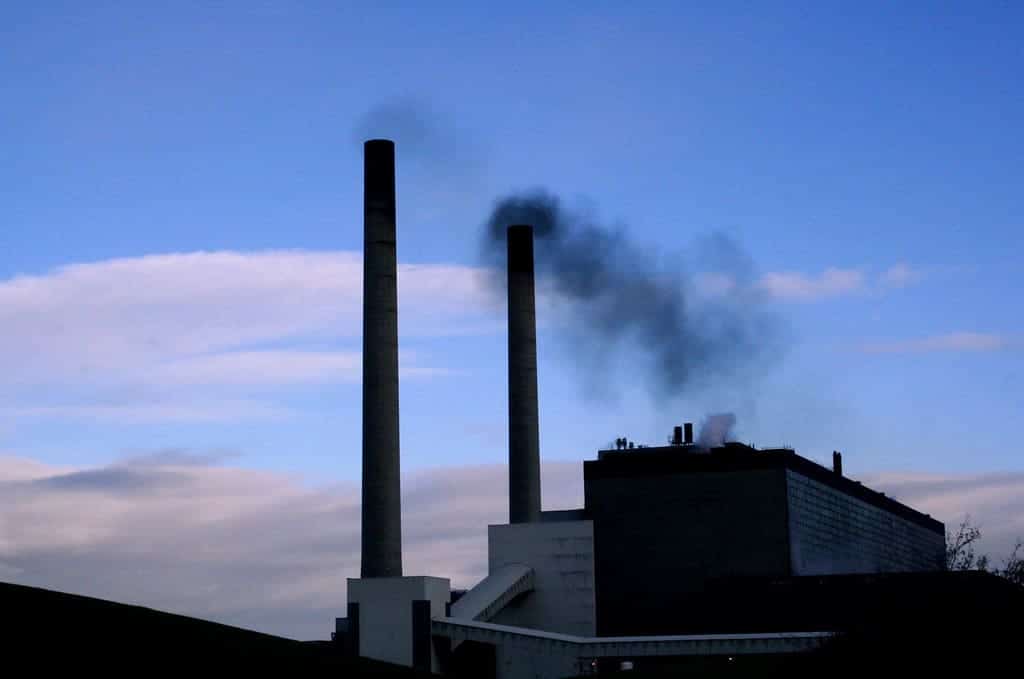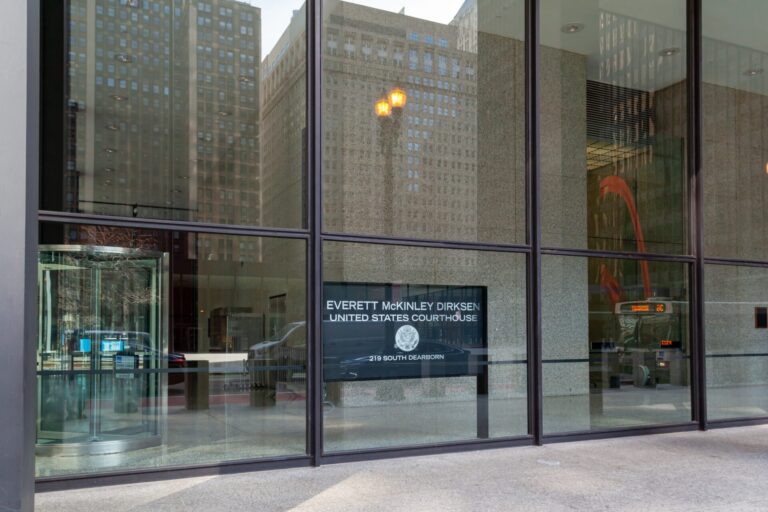Bill Protecting Virginia Gas Power Plants Came from Lobbyists, Lawmaker Admits

A bill that will support two planned gas-fired power plants in Virginia originated with lobbyists for one of the plants, documents and an interview with the bill’s legislative sponsor reveal. In an interview with the Energy and Policy Institute, Democratic state Senator Lionell Spruill, who sponsored Senate Bill 992, said the bill was provided by a lobbyist for the proposed Chickahominy Power Plant, one of two plants planned only a mile apart in Charles City County.
SB992, which recently passed the Virginia Senate and will soon be up for consideration in the House of Delegates, would provide carbon allowances for the two plants, saving each approximately $100 million, according to the developer of one of the plants. Chickahominy and C4GT in Charles City County, which will sell electricity to the regional transmission operator PJM, are the only two plants slated to benefit from the measure.
Neither of the plants is in Spruill’s district.
Gas plant lobbyist worked with County to push legislation
When asked about the bill in a phone interview last week, Senator Spruill told the Energy and Policy Institute that lobbyists for the plants provided it to him. Spruill added that the lobbyists also worked with the Charles City County Administrator to advance the bill.
Emails obtained from Charles City County through an open records request and reviewed by the Energy and Policy Institute confirm that Chuck Duvall, a Virginia lobbyist recently hired by Balico LLC, the developer behind the Chickahominy plant, discussed the bill with the County Administrator. “Our bill is SB992 Patron is Sen Spruill,” Duvall wrote to the Charles City County Administrator Michelle Johnson on January 19, ten days before the Senate Energy Subcommittee, which Spruill heads, took up the measure.
After the vote in Spruill’s subcommittee, Duvall emailed Johnson on January 29 with an update: “Got our bill out of committee 5-0. Now on to the full committee Monday.”
Shortly thereafter, the bill sailed through the Senate Labor and Commerce Committee and full chamber.
The emails show that Duvall also provided Johnson a number of talking points in support of the gas plants, ahead of her planned meeting with Governor Ralph Northam in mid-January.
In a subsequent letter to Governor Northam, which she shared with Duvall, Johnson asked the governor to “Please keep your eye on SB992.”
At the Energy Subcommittee hearing, Jef Freeman, Director of Development for Balico LLC, explained what he called “the intent of the bill.” According to Freeman, the bill seeks to “set a level playing field for all generators.” If the bill does not pass, he warned, it will “bring into question the ultimate ability of getting a project like this… financed.”
Regulators and advocates mount opposition to gas plant bill
Several environmental groups and a representative from the state’s own Department of Environmental Quality spoke out against the bill at the same Senate subcommittee hearing.
Chris Bast, the DEQ’s Chief Deputy, said the Northam administration strongly opposes the bill. According to Bast, allowances for the facilities would permit approximately 10.5 million tons of carbon emissions worth about $131 million over three years. These two plants alone would account for nearly 40 percent of the state’s 2021 emissions budget, which is 27.16 million tons according to existing carbon regulation.
Others emphasized the contradictions between the bill and other legislation now before the General Assembly to bring Virginia into the Regional Greenhouse Gas Initiative (RGGI), which provides a mechanism for carbon trading.
Corrina Beall, the legislative and political director of the Virginia Sierra Club, said that since reducing carbon emissions is a top priority for the chapter, “carve-outs from RGGI will run counter to that effort.”
Formidable opposition to the plants has been gaining steam on the ground in Charles City County, where more than half the population is African American and Native American. Groups like Concerned Citizens of Charles City County (or C5) have been galvanizing citizens against the projects, citing health, climate, and environmental and economic justice concerns. In a recent public hearing for a draft water permit for the Chickahominy plant, scores of citizens voiced their opposition.
Susan Rowland, Senator Spruill’s Chief of Staff, told the Energy and Policy Institute in an email that the senator has no further comment on the bill.
The Energy and Policy Institute reached out to Michelle Johnson for comment about her involvement in SB992. In an emailed response, Johnson said: “Charles City County is my life-long home. This is where I grew up. This is where I will retire. The well-being and growth of our community is my top priority. And as the County Administrator, it is my responsibility to balance the safety and needs of the county with the growth and development of the county. Change can be challenging, and we recognize there are strong passions on both sides of this economic development opportunity for our community. While we may not all agree on the best path forward, at the end of the day, I strongly believe that we can accomplish more by working together than we ever will by working against each other. My door is always open for respectful and innovative conversations about how we move forward, together.”
Chuck Duvall did not respond to a request for comment by the time of publication.



